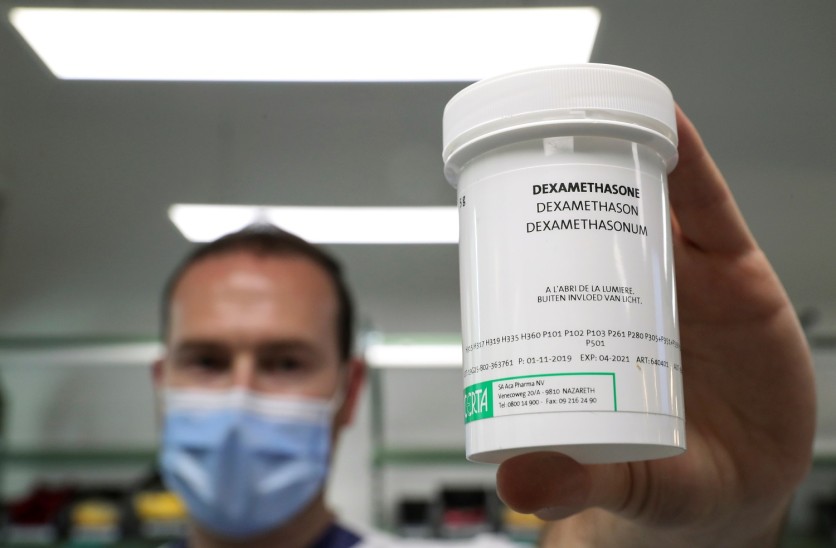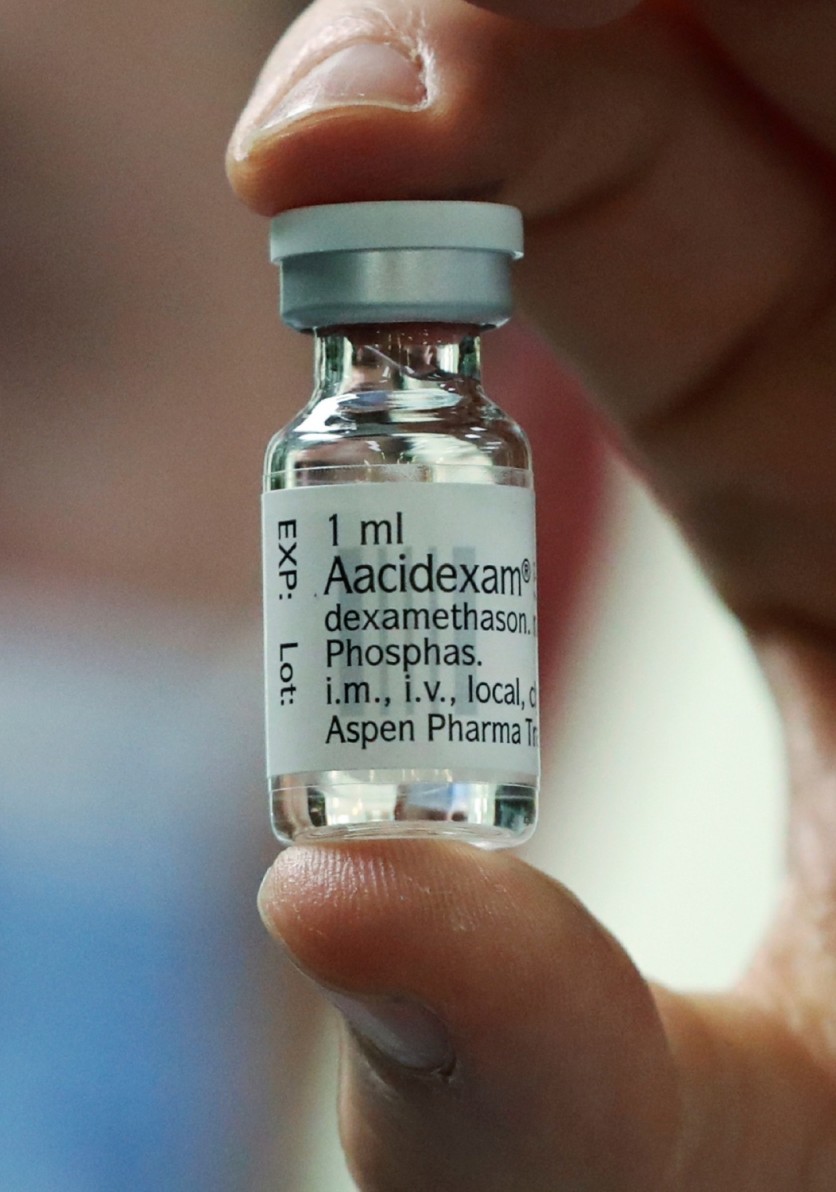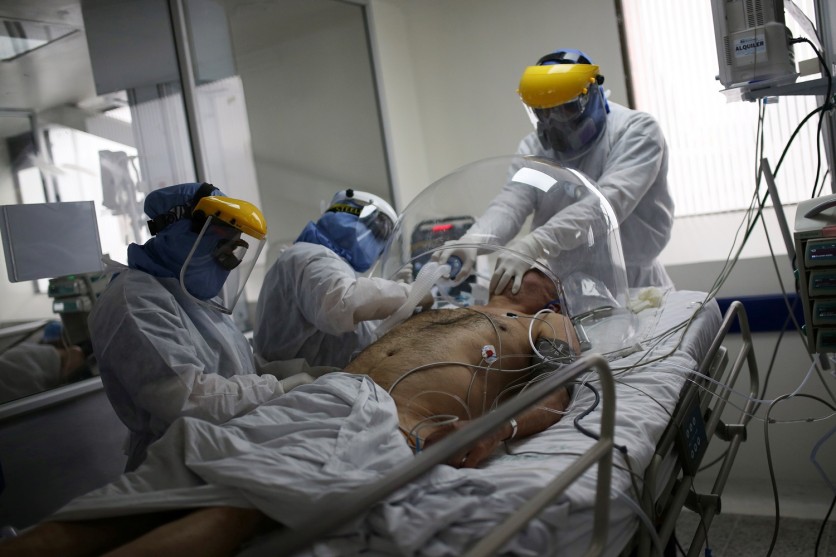After six months since the coronavirus first broke out in China, scientists at the University of Oxford said on Tuesday, June 16, that the common drug Dexamethasone would be the first cure to reduce deaths among severe COVID-19 patients under ventilation.
The study called Recovery was the first test to look at how drugs can significantly reduce COVID-19 deaths. It was financed by the UK government through the National Institute for Health Research and UK Research and Innovation.

Researchers found that the inexpensive drug, a steroid called dexamethasone, can reduce deaths among severely ill patients. It is the first treatment to do so. Dexamethasone is an anti-inflammatory drug usually prescribed as an oral or intravenous steroid for various conditions.
More than 5,000 coronavirus death could have been prevented
Scientists said that over 5,000 deaths could have been prevented if doctors had used the drug at the onset of the pandemic, according to the New York Times. However, it will still save thousands of lives since the approval.
According to a press release, the UK government has already secured dexamethasone supplies enough to treat over 200,000 people. It will purchase additional stocks in the event of a positive trial outcome.
The government-funded research has shown that the drug has lowered the death risk by 35% among patients on ventilators, and 20% for those in oxygen-support while the 28-day mortality was also reduced by 17%.

Although the findings have not yet been peer-reviewed, NHS deputy chief medical officer Jonathan Van-Tam said that Recovery "is an outstanding example of the UK leading the world with an impressive study capable of delivering robust answers to critical questions."
Following the recent disappointing outcome for hydroxychloroquine clinical trials, Dr. Van-Tam said "it is always better to wait for the evidence." These studies "illustrate the power of properly conducted clinical trials and the inherent danger of assuming things work without robust data."
"This is a significant improvement in the available therapeutic options that we have," United States' top infectious disease expert Dr. Anthony Fauci told USA Today.
Meanwhile, the pharmaceutical industry is advancing various studies on COVID-19, testing more than 200 products in about 1,100 trials as well as at least 130 vaccines.
What are the long-term effects of COVID-19 for patients requiring intensive care?
More than 400,000 people have now died of coronavirus, but more have already recovered from the illness. While most people who have contracted coronavirus have recovered within weeks, some have more severe cases requiring then to be put on ventilators or life support.
Unfortunately, the latter may experience more critical and lasting effects. Fortune.com has listed some lasting effects of coronavirus.

The most common include the feeling of exhaustion, headaches, anxiety, and muscle aches that can continue for several more weeks.
People who developed pneumonia can have lung scarring, irregular heartbeats, heart inflammation as well as the declining function level of kidney and liver. It is still soon to consider whether these could be permanent issues.
Patients who have undergone long intensive-care may need oxygen therapy or dialysis at home. Others develop post-intensive care syndrome after any critical illness and may be due for sedation and prolonged bed confinement. Symptoms can include muscle weakness and memory problems.
Blood clots can also develop and may cause strokes. Blood thinners are prescribed even on less serious cases while lifestyle changes may be advised to reduce risks of bleeding.
Dr. Thomas McGinn of the Feinstein Institutes for Medical Research in New York said most of these symptoms would eventually go away. "It's just a matter of when. For some patients it may take longer than others," said McGinn who was involved in one of the largest U.S. studies of COVID-19 patients.
Read also: After Bats, China Now Accuses Salmon Fish of Causing COVID-19 Outbreak
ⓒ 2026 TECHTIMES.com All rights reserved. Do not reproduce without permission.




